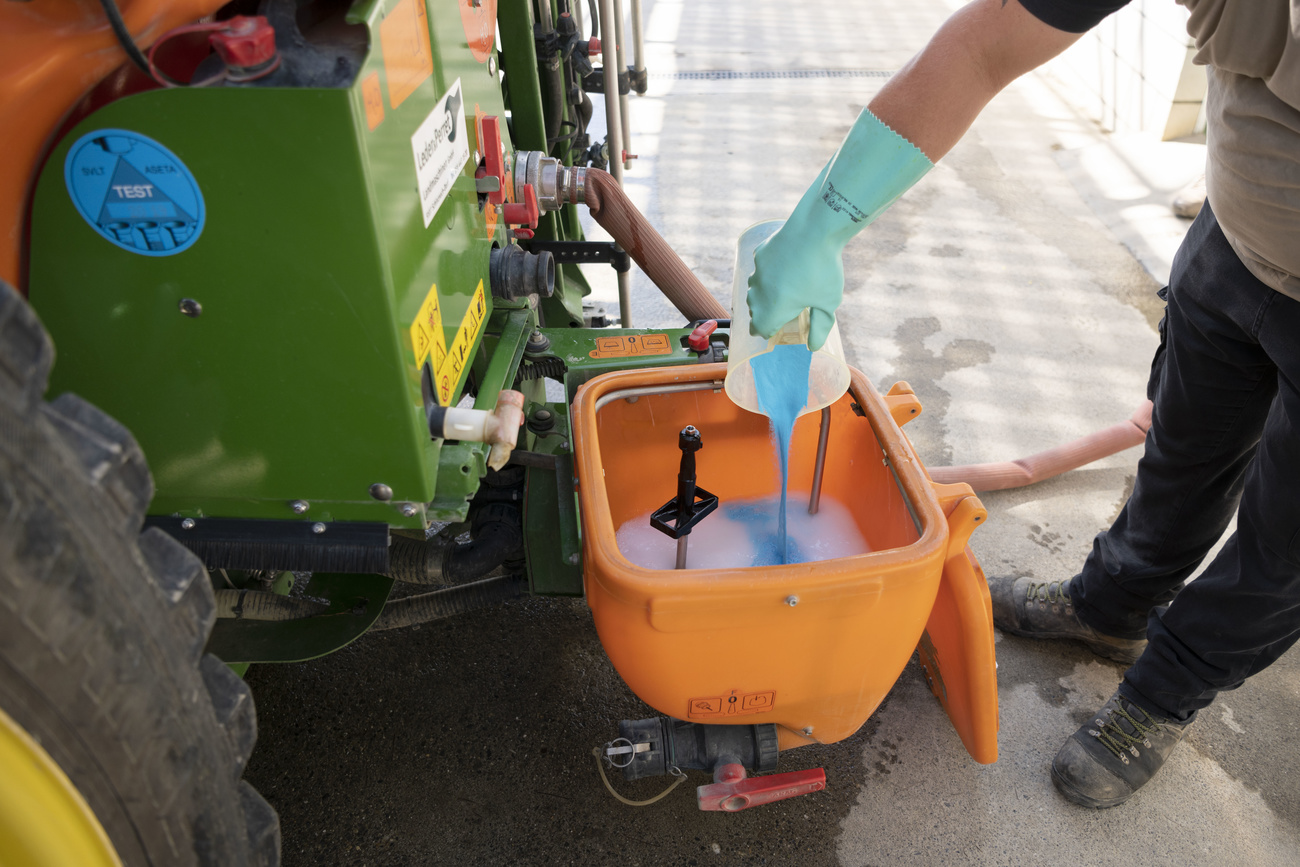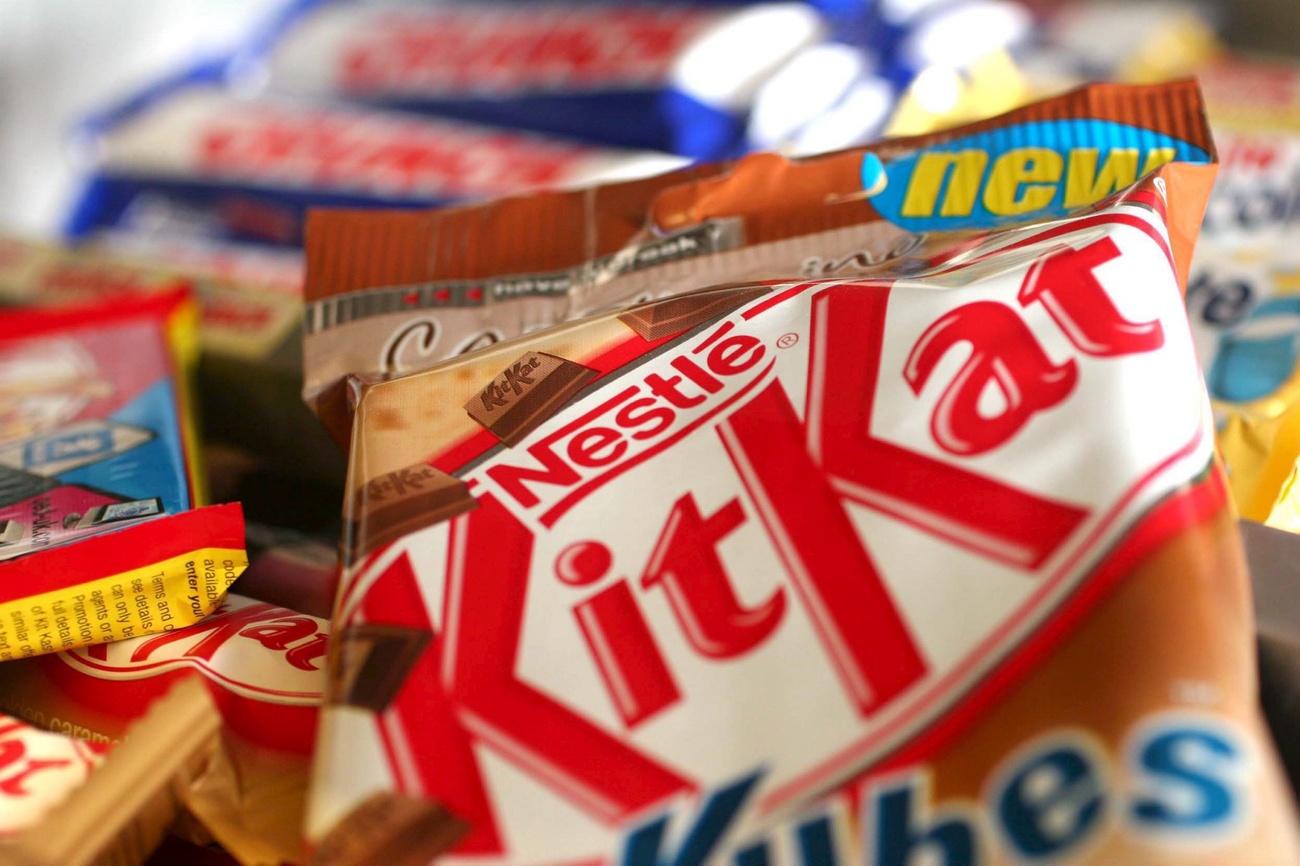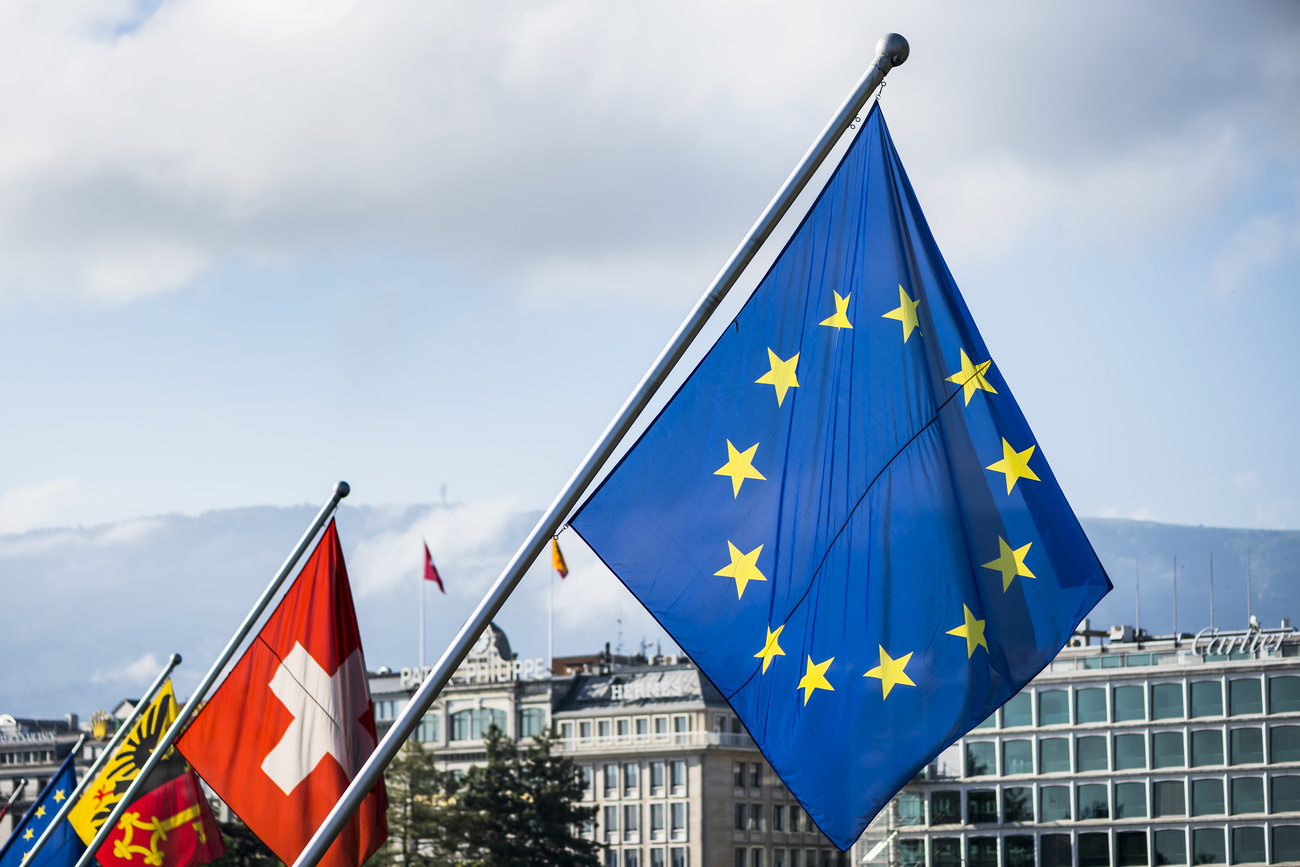
What happens when climate change has a seat at the table?
We are about to find out what happens when the climate campaign goes from the streets to the boardroom of one of the biggest oil companies. Such a leap still seems far off for Swiss commodity traders. But for how long?
Last week, a small hedge fund led an investor rebellion against Exxon Mobil over the oil giant’s failure to see the writing on the wall on climate change and “evolve with the industry” wrote the fund. Backed by the world’s largest asset manager BlackRock, the rebellion replaced at least two board members with candidates more versed in renewable energy and climate risks.
That same day, climate activists scored another win when a Dutch court ruled that the energy giant Shell needs to drastically cut GHG emissions. In the ruling, the court said Shell’s fossil fuel operations are “endangering human rights”. This is the first time a court has held a company liable for climate change.
Could some of the Swiss oil traders be next? Given how many are privately owned and stay behind the scenes, it’s less likely. Thousands of climate activists took to the streets in Switzerland in early May but they aren’t exactly rejoicing in court rooms or boardrooms these days. The climate activists who staged a tennis match at Credit Suisse were back in court in May with a less favourable ruling than at the district court last year.
There are signs that things are changing. My colleague Paula Dupraz-Dobias found that trade finance providers are starting to scrutinise commodity traders more. The Swiss financial regular also said this week that it will require banks and insurers to report climate-related financial risks.
Major change is unlikely to come quickly according to a WWF study, which found the top 15 Swiss banks still have room for improvement when it comes to climate change targets. A Bloomberg study adds that the Swiss bank Credit Suisse faces an exposure of 17.6% to “climate sensitive industriesExternal link”, amounting to about $83 billion.
What’s your view? What’s the right lever to get companies to protect the environment? Should climate activists have a seat in boardrooms?

More
Are Swiss banks really chopping environmental devastation from trade financing?
What else caught my eye?
Pesticide debate heats up ahead of the June vote. With two initiatives on the ballot that aim to ban synthetic pesticides, emotions are running high. While the vandalism of campaign posters is happening at a local level, the global significance of the vote can’t be ignored. What signal does it send when the land of cheese and chocolate, and the home to Syngenta – one of the largest agribusiness companies – shuns industrial agriculture and pesticides?
Syngenta has stayed out of the spotlight (in contrast to multinationals during the Responsible Business Initiative vote) but this interviewExternal link in Le Temps with CEO Erik Fyrwald gives a sense of where the company stands on the vote.

More
Switzerland and pesticides: Toxic relationship or necessary evil?
It’s a “no deal” between Switzerland and the EU after seven years of talks. The sky isn’t falling but big multinationals are feeling tremors under their feet. The medical device industry wasn’t shy to express its opinion, saying that there is no “silver lining”: Switzerland’s been relegated to “third country” status. The pharma industry also said it was a “bitter blowExternal link” and wants measures to keep the country an attractive research location.
As the dust settles though, the commentary is moving from woes and worries to what the Swiss “Sonderweg” or special path will look like. Unlike the UK, Switzerland (which was never an EU member) is not an islandExternal link, writes the FT, and in fact wants closer ties to the EU in many areas such as health and energy. “Swexit” will make things a bit more difficult for rich Switzerland but Swiss companies are resilient, the editorial board writes.
Nestlé isn’t a health food company, according to an internal document obtained by the FT. In the document, the company admits that more than 60% of its mainstream food and drinks products do not meet a “recognised definition of health” and that “some of our categories and products will never be ‘healthy’ no matter how much we renovate”.

More
Nestlé document says majority of its food portfolio is unhealthy
Surprised? Not sure anyone cares if a KitKat is “healthy”, but the FT also points out some inconsistency in the marketing and reality. Some foods are marketed as “perfect at breakfast to get kids ready for the day” yet packed with sugar. Nestlé says it has launched many new “healthier” products. The question is: are we buying them?
Feedback or story tips? Send me a message: jessica.davis@swissinfo.ch
Thanks for reading

More
Pandemic reveals Switzerland’s weak spot in securing foreign talent

In compliance with the JTI standards
More: SWI swissinfo.ch certified by the Journalism Trust Initiative






































You can find an overview of ongoing debates with our journalists here . Please join us!
If you want to start a conversation about a topic raised in this article or want to report factual errors, email us at english@swissinfo.ch.